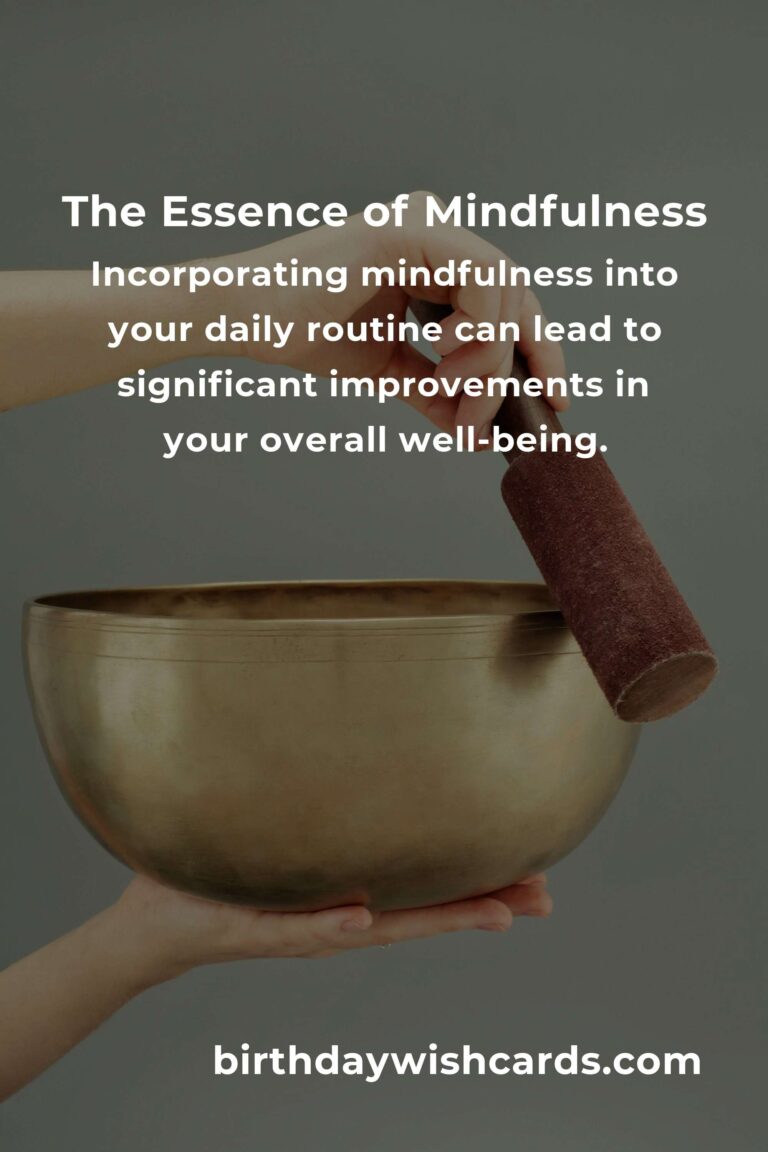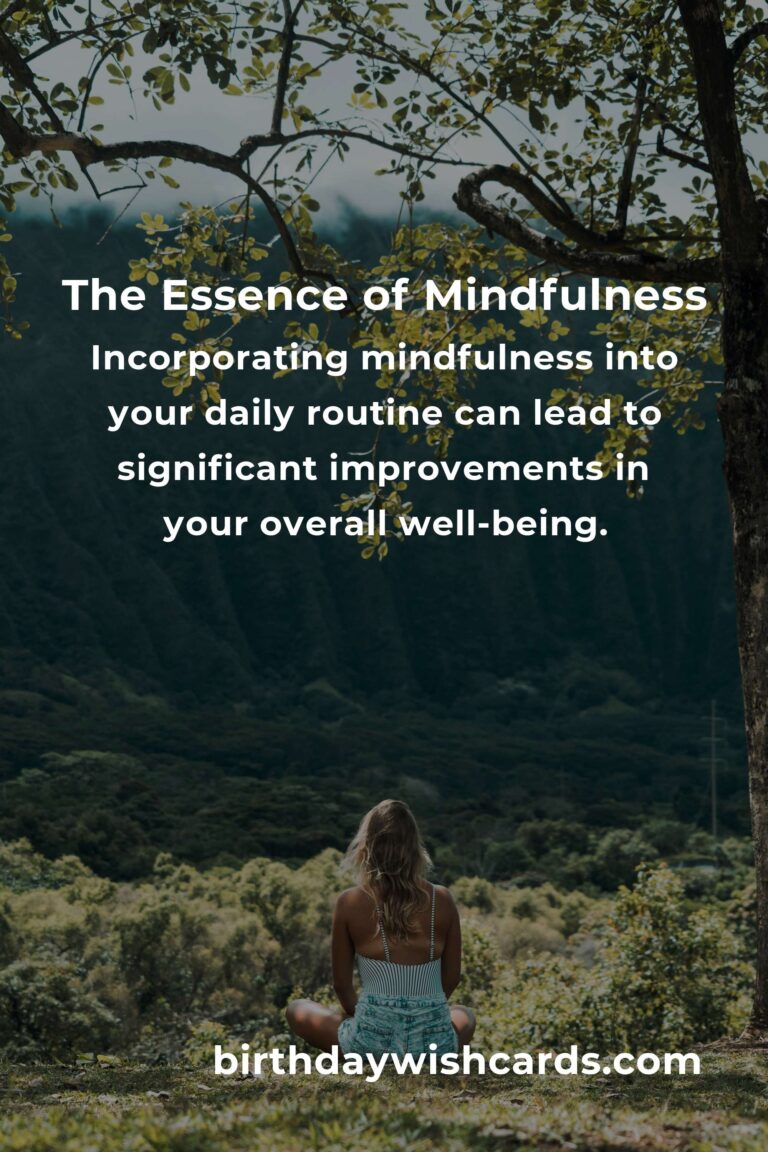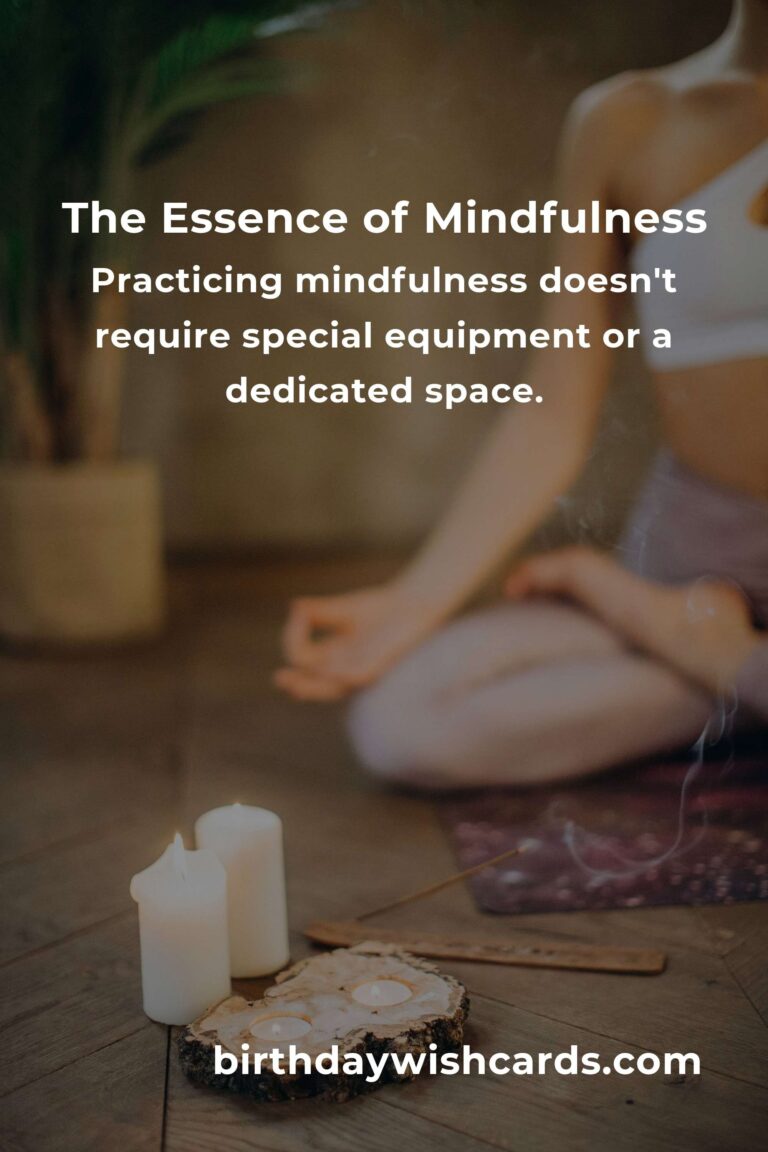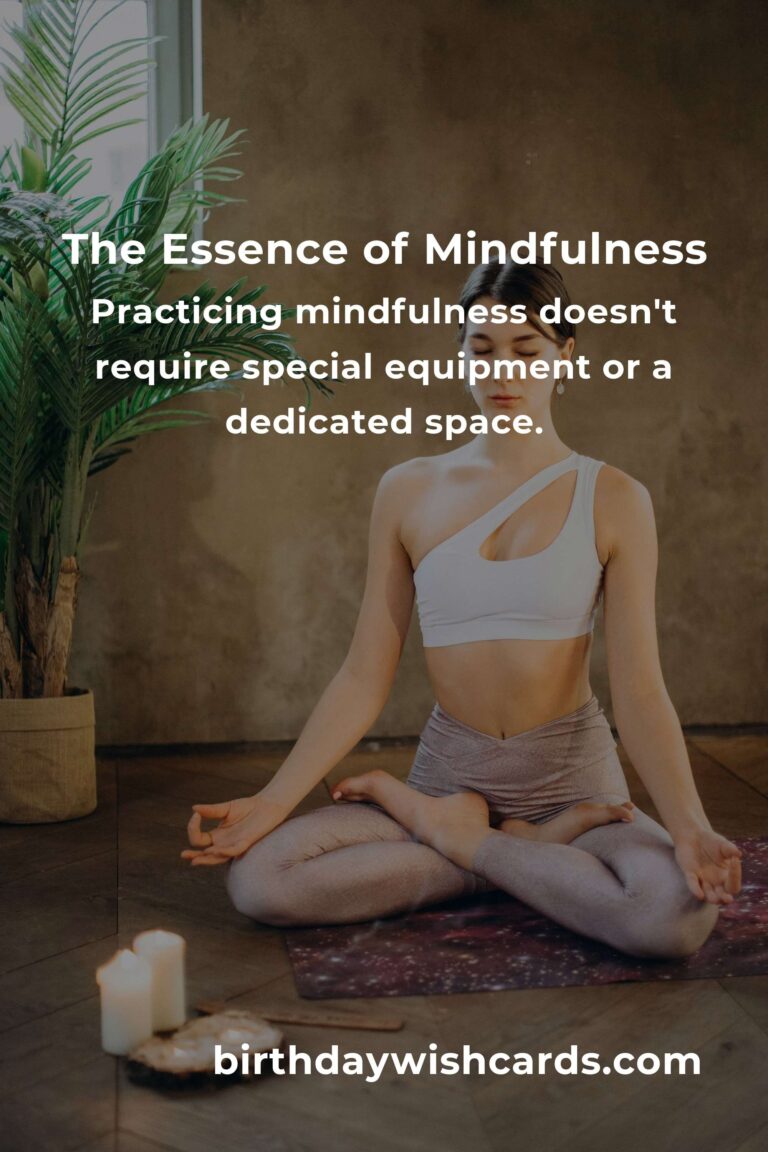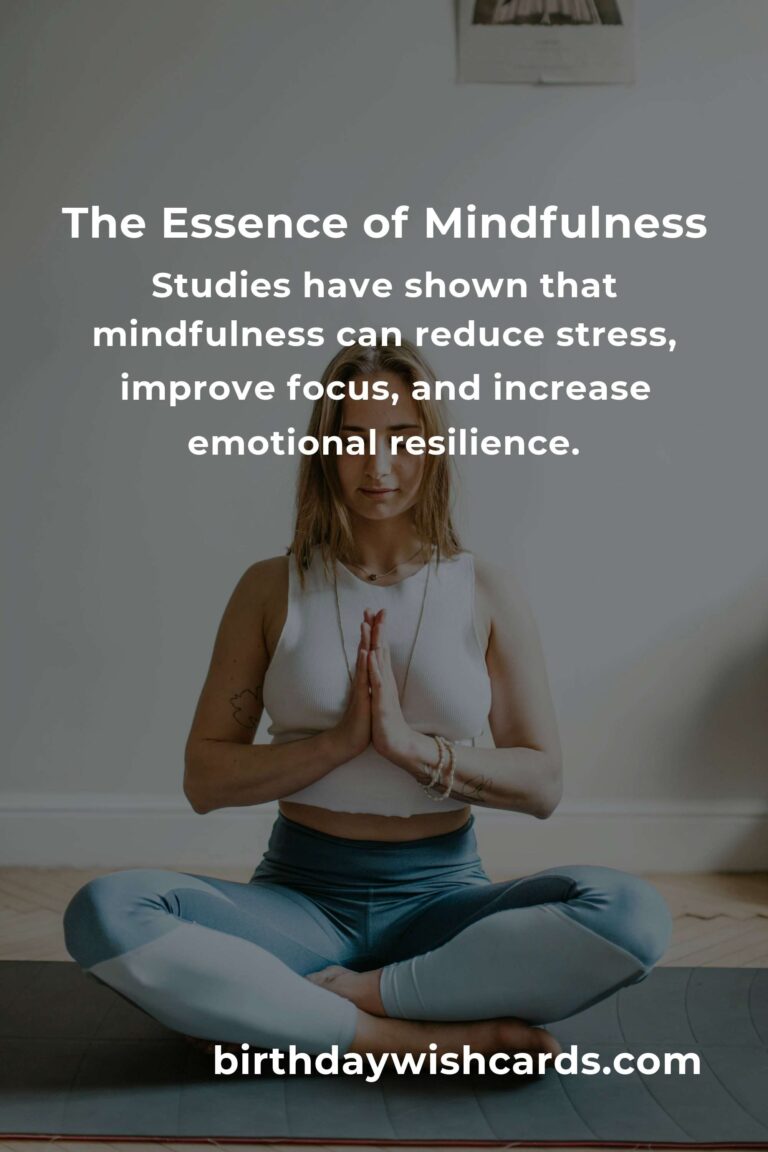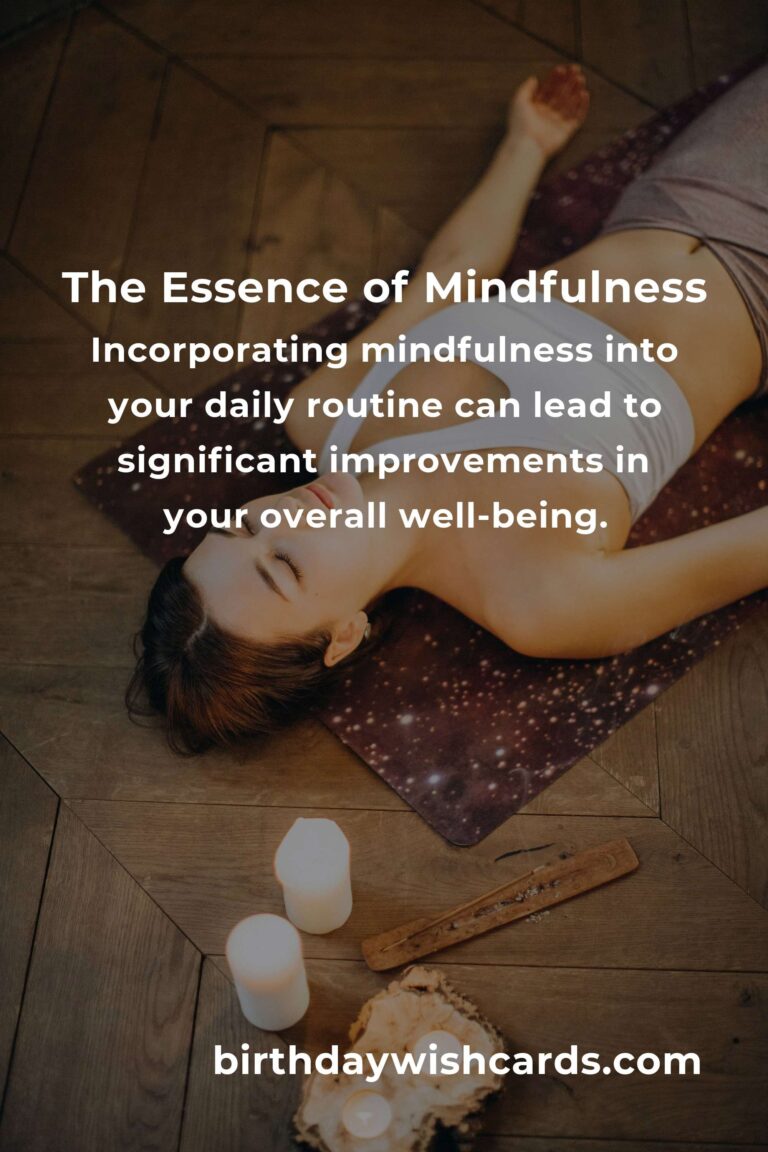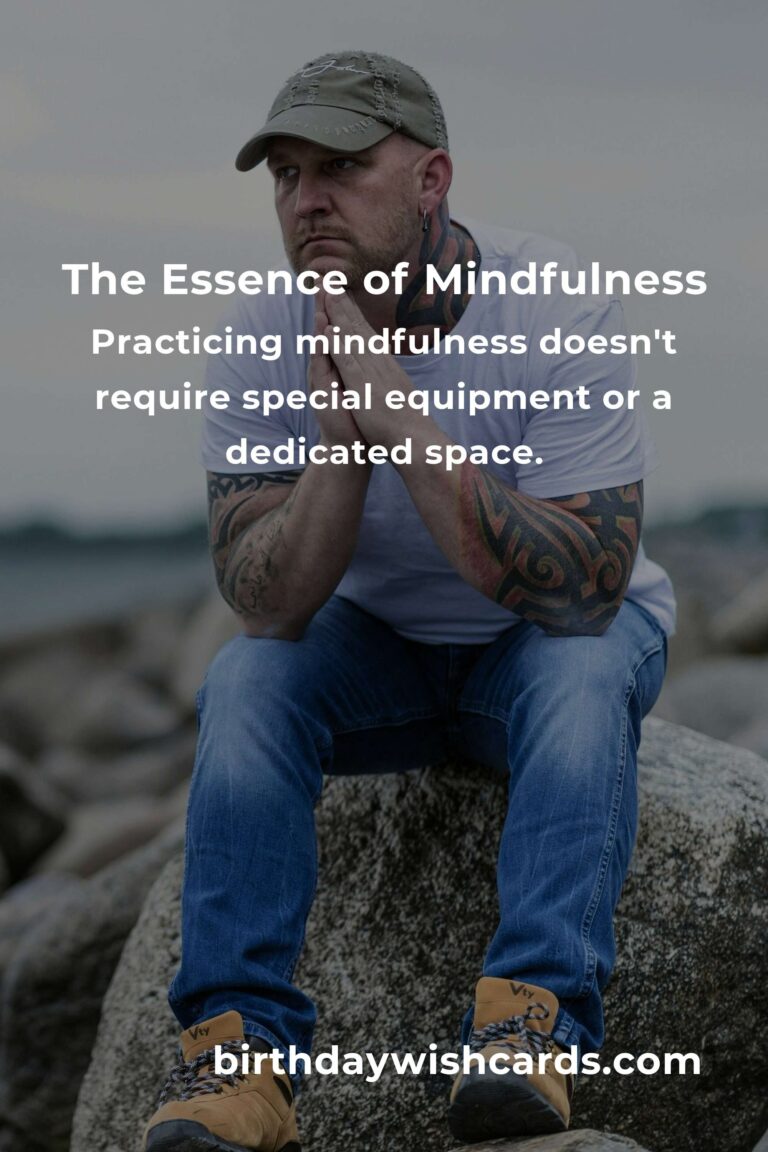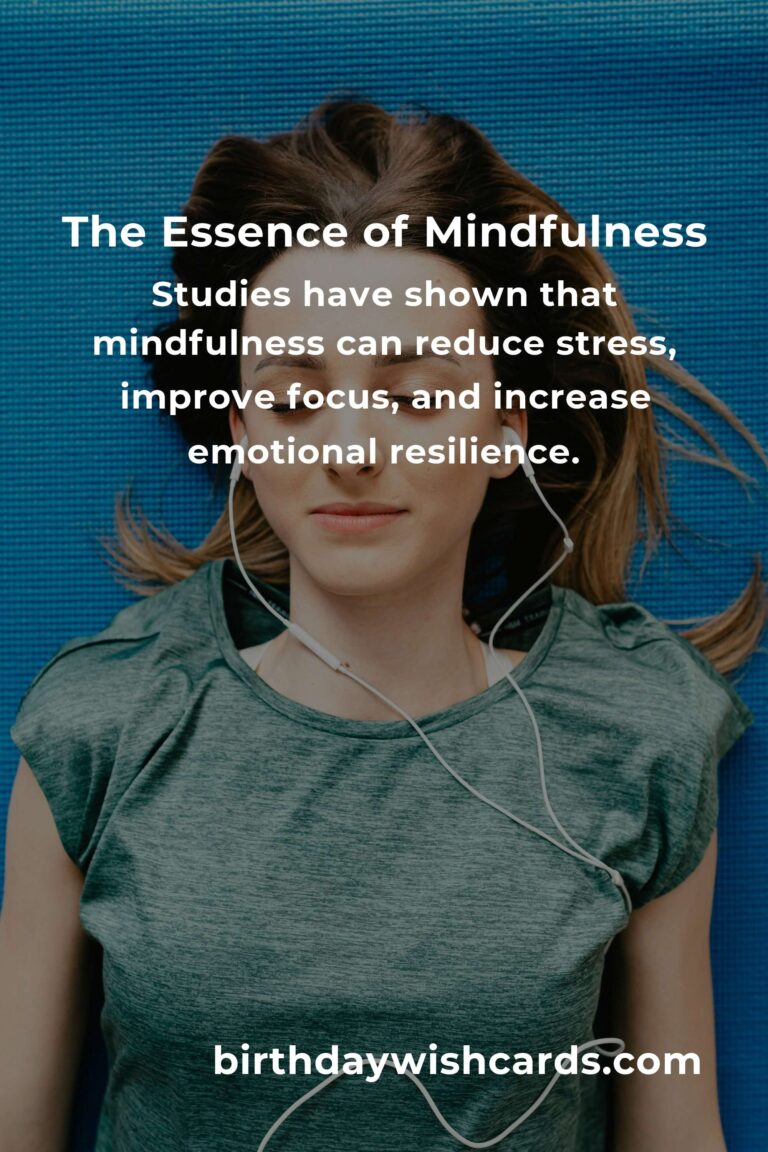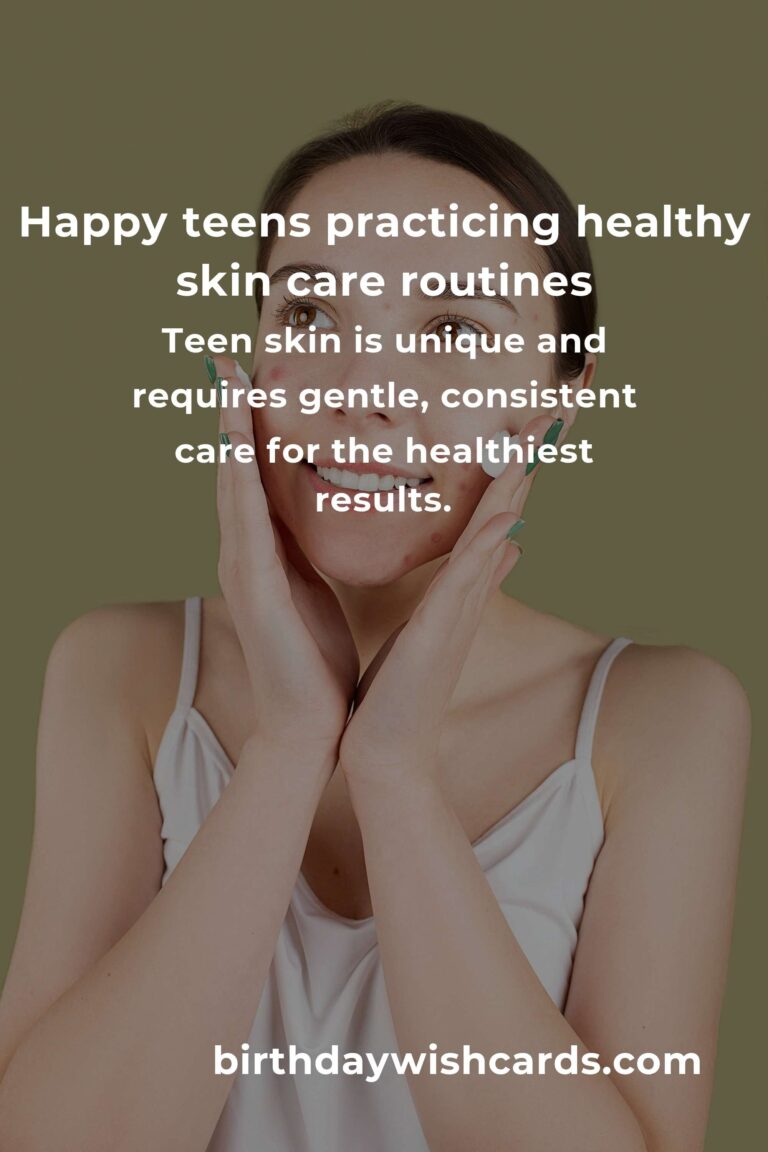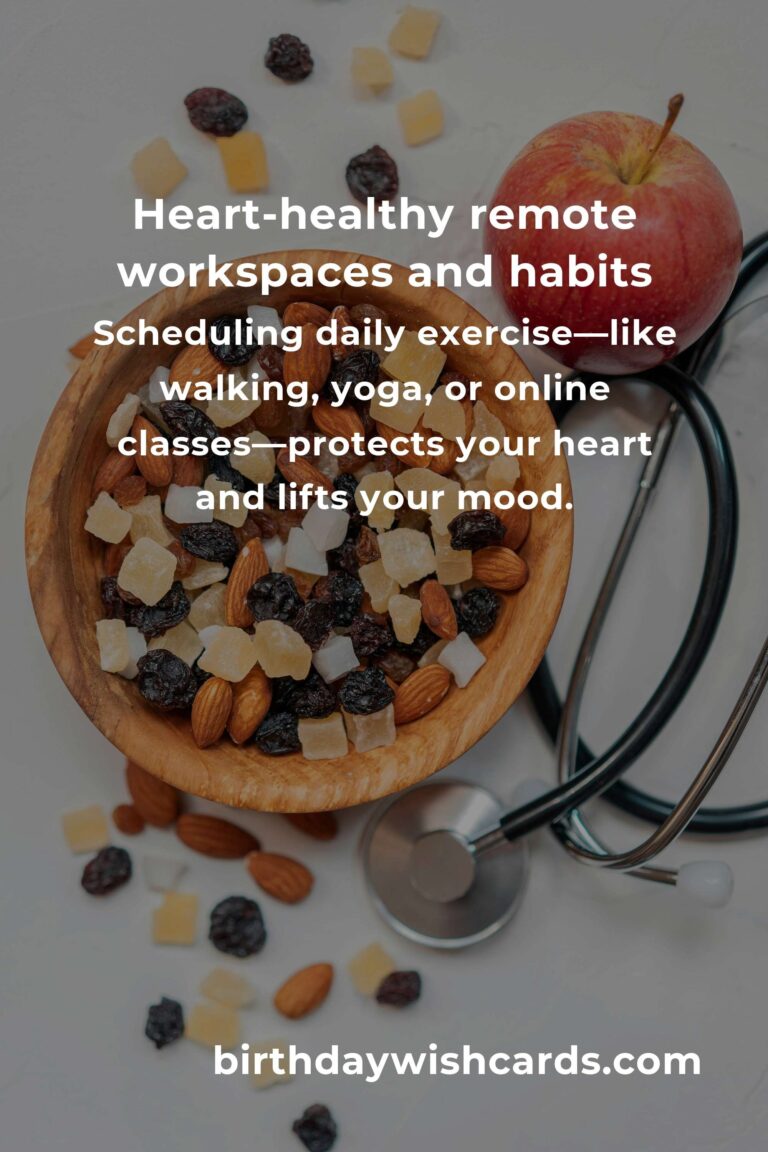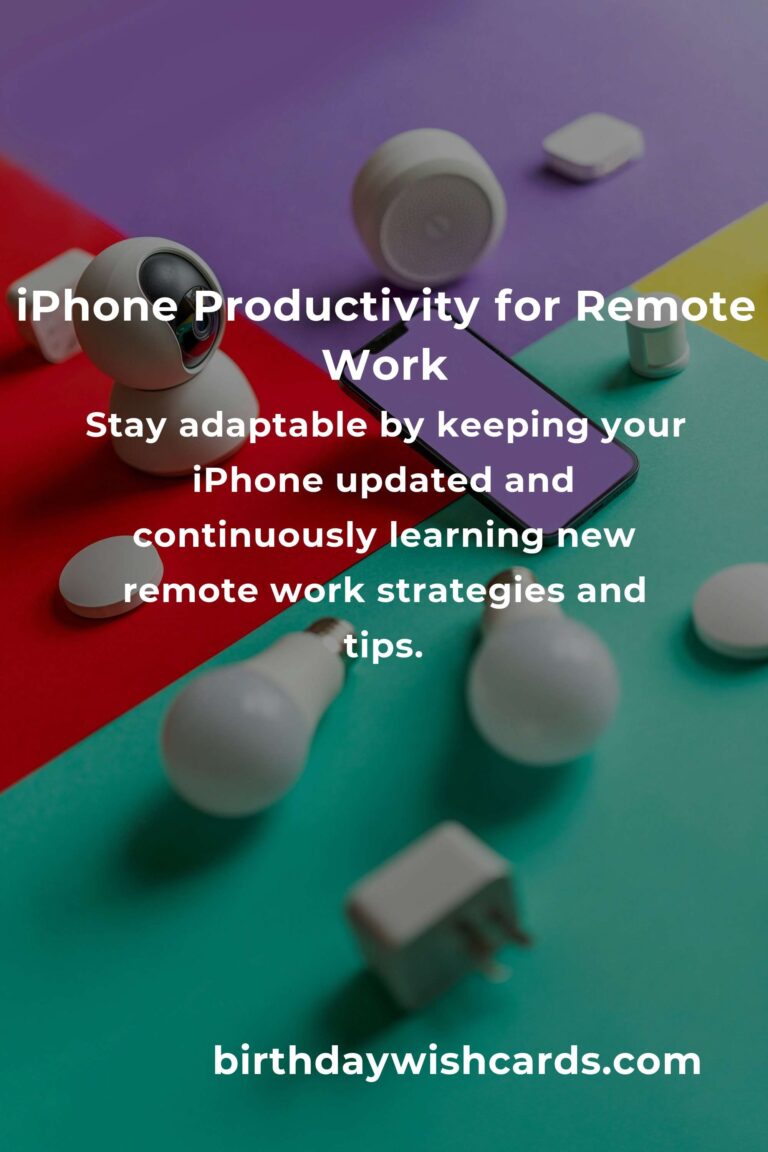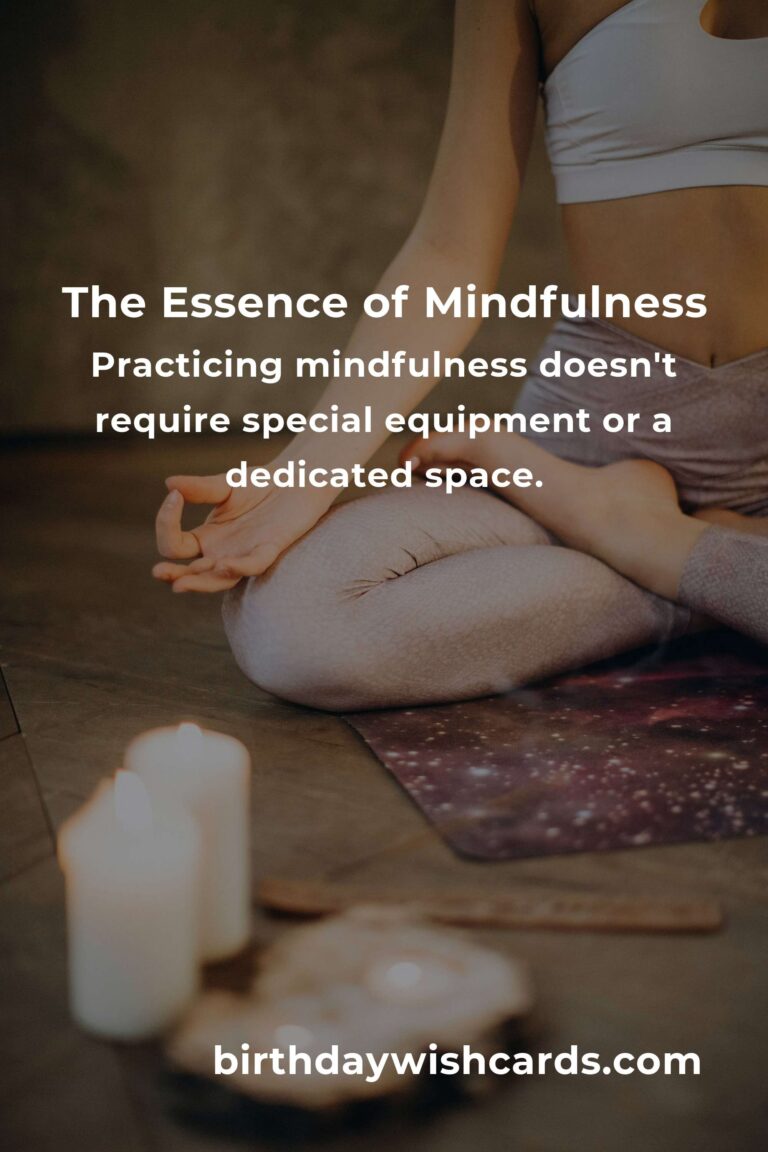
In today’s fast-paced world, finding a moment of peace seems nearly impossible. However, the practice of mindfulness offers a simple solution to reclaiming your mental well-being. Understanding and incorporating simple mindfulness into your daily routine can greatly enhance your life quality.
What is Mindfulness?
Mindfulness is the practice of being present and fully engaged with the current moment, without judgment or distraction. It involves acknowledging and accepting one’s feelings, thoughts, and bodily sensations as they are. This practice has its roots in Buddhist meditation but has gained popularity worldwide due to its numerous health benefits.
The Benefits of Mindfulness
Mindfulness is not just a buzzword; it’s a scientifically-backed practice that offers numerous benefits. Studies have shown that mindfulness can reduce stress, improve focus, and increase emotional resilience. By practicing mindfulness, individuals can experience improved mental clarity and a greater sense of peace.
How to Practice Simple Mindfulness
Practicing mindfulness doesn’t require special equipment or a dedicated space. Here are some basic ways to start:
- Mindful Breathing: Focus on your breath. Take slow, deep breaths and pay attention to the sensation of breathing in and out.
- Body Scan: Close your eyes and mentally scan your body from head to toe, acknowledging any tension or discomfort.
- Mindful Eating: Pay full attention to the experience of eating, savoring each bite and noticing the flavors, textures, and smells.
- Walking Meditation: Take a walk at a slow pace, focusing on the movement of your legs and the sensation of your feet touching the ground.
Incorporating Mindfulness into Daily Life
Incorporating mindfulness into your daily routine can be as simple as taking a few minutes each day to practice. Start your day with a short meditation session or end it by reflecting mindfully on the day’s events. Over time, these small practices can lead to significant improvements in your overall well-being.
Common Misconceptions About Mindfulness
Despite its popularity, there are several misconceptions about mindfulness. One common myth is that mindfulness requires a lot of time. In reality, even short, regular practices can be effective. Another misconception is that mindfulness is about clearing the mind of thoughts, but it’s more about acknowledging and accepting thoughts without judgment.
The Science Behind Mindfulness
Research has shown that mindfulness can have a positive impact on the brain. Studies using MRI scans have indicated that mindfulness practices can increase the density of gray matter in brain regions associated with memory, emotion regulation, and empathy. These findings suggest that mindfulness not only improves mental health but also enhances cognitive functions.
Mindfulness Apps and Resources
For those new to mindfulness, there are numerous apps and online resources available to help guide your practice. Popular apps like Headspace, Calm, and Insight Timer offer guided meditations and mindfulness exercises that are perfect for beginners.
The Future of Mindfulness
As more people realize the benefits of mindfulness, its popularity continues to grow. Future trends in mindfulness may include integrating mindfulness practices into schools and workplaces, promoting mental health and productivity on a larger scale.
In conclusion, simple mindfulness is a powerful tool that can enhance your quality of life. By understanding and practicing mindfulness, you can find peace in the present moment and improve your mental well-being.
Mindfulness is the practice of being present and fully engaged with the current moment, without judgment or distraction. Studies have shown that mindfulness can reduce stress, improve focus, and increase emotional resilience. Practicing mindfulness doesn’t require special equipment or a dedicated space. Incorporating mindfulness into your daily routine can lead to significant improvements in your overall well-being. Research has shown that mindfulness can have a positive impact on the brain.
#Mindfulness #MentalHealth #Wellbeing #StressRelief #Meditation


